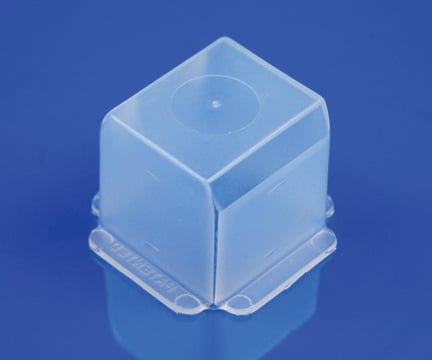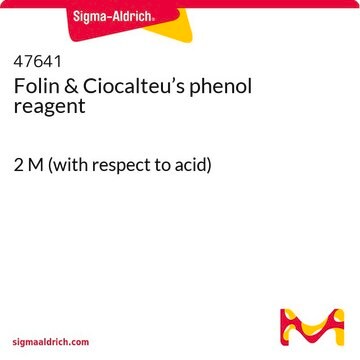07-1436
Anti-PDGF-AA Antibody
from rabbit, purified by affinity chromatography
Sinónimos:
Platelet-derived growth factor alpha, Platelet-derived growth factor alpha chain, Platelet-derived growth factor alpha polypeptide
About This Item
Productos recomendados
biological source
rabbit
Quality Level
antibody form
affinity purified immunoglobulin
antibody product type
primary antibodies
clone
polyclonal
purified by
affinity chromatography
species reactivity
human, mouse
technique(s)
ELISA: suitable
immunohistochemistry: suitable (paraffin)
neutralization: suitable
western blot: suitable
isotype
IgG
NCBI accession no.
UniProt accession no.
shipped in
dry ice
target post-translational modification
unmodified
Gene Information
human ... PDGFA(5154)
General description
Specificity
Immunogen
Application
ELISA: 0.5 μg/mL dilution of a previous lot allowed detection (in direct ELISA) of 0.2-0.4 ng/well when human PDGF-AA is used to coat the plate.
Neutralization: To yield ½ maiximal inhibition (ND50) of the biological activity of hPDGF-AA (5.0 ng/mL), a concentration of 0.05-0.07 μg/mL of a previous lot of this antibody was required.
Optimal working dilutions must be determined by the end user.
Signaling
Growth Factors & Receptors
Quality
Western Blot Analysis:
1:500 dilution of this lot detected PDGF-AA on 10 μg of C2C12 lysates.
Target description
Linkage
Physical form
Storage and Stability
Handling Recommendations: Upon first thaw, and prior to removing the cap, centrifuge the vial and gently mix the solution. Aliquot into microcentrifuge tubes and store at -20°C. Avoid repeated freeze/thaw cycles, which may damage IgG and affect product performance.
Analysis Note
C2C12 cell lysate
Disclaimer
¿No encuentra el producto adecuado?
Pruebe nuestro Herramienta de selección de productos.
Storage Class
13 - Non Combustible Solids
wgk_germany
WGK 3
flash_point_f
Not applicable
flash_point_c
Not applicable
Certificados de análisis (COA)
Busque Certificados de análisis (COA) introduciendo el número de lote del producto. Los números de lote se encuentran en la etiqueta del producto después de las palabras «Lot» o «Batch»
¿Ya tiene este producto?
Encuentre la documentación para los productos que ha comprado recientemente en la Biblioteca de documentos.
Nuestro equipo de científicos tiene experiencia en todas las áreas de investigación: Ciencias de la vida, Ciencia de los materiales, Síntesis química, Cromatografía, Analítica y muchas otras.
Póngase en contacto con el Servicio técnico








